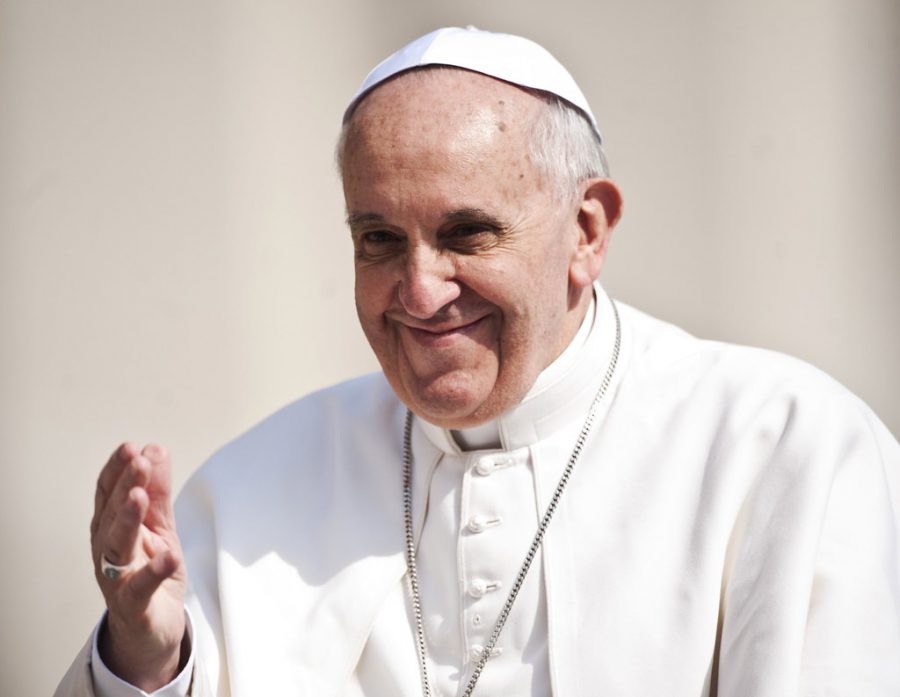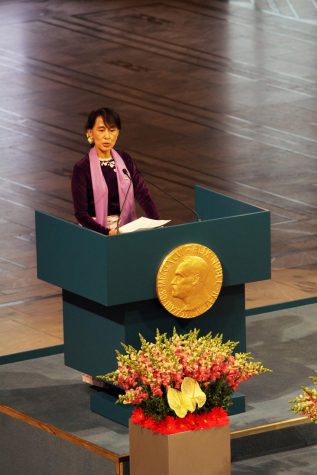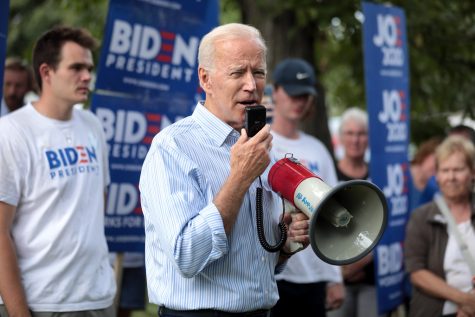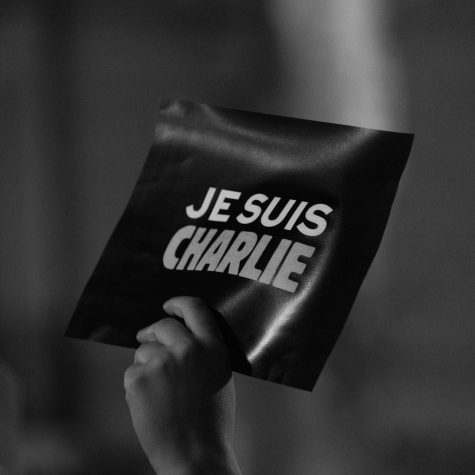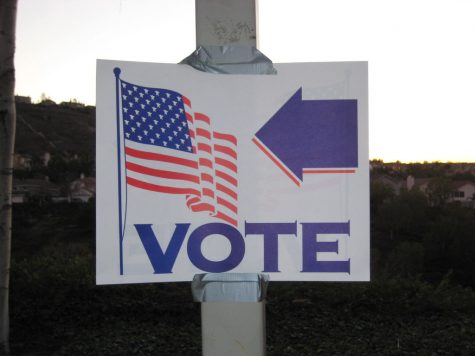The Pope and Civil Unions
December 8, 2020
In recent years, the rights and acceptance of homosexuals in society have become an important topic of debate among Christians. Just a few weeks ago, the documentary Francesco about Pope Francis sent ripples through the Catholic community and the media because of statements in which the Pope seemed to endorse the provision of civil union rights for same-sex couples.
As with many other “pronouncements” by Pope Francis, these comments drew a lot of attention, with some outlets praising the leader of the Catholic Church for his “inclusiveness” and “progressive” stance on a matter that is very important to many people. On the other hand, many conservative Catholics and Christians were outraged at what seemed to be a radical departure from the Church’s teaching.
Although the substance of these matters is certainly important, I think we should instead derive another important lesson from this, which is the way these comments were taken and interpreted by many news outlets. Of particular importance is the nature of these communications, and how the Pope’s comments seemed to have been altered significantly once they made their way into the public venue. Whether through carelessness, or purposeful modifications, what has been publicized is not what the Pope stated.
In looking more closely at the interviews with Pope Francis, he does not actually mention gay marriage at all. He did, however, say that “homosexual people have a right to be in the family, people with homosexual orientation have a right to be in the family and parents have the right to recognize that son as homosexual, that daughter as homosexual. Nobody should be thrown out of the family, or be made miserable because of it.”
The original comment agrees with the Catechism of the Catholic Church, which states that individuals with “deep-seated homosexual tendencies should be accepted with respect, compassion, and sensitivity. Every sign of unjust discrimination in their regard should be avoided.” Where I believe the incorrect interpretation stemmed from is Pope Francis’s comment on civil unions, stating that while marriage could never include same-sex couples, some sort of civil union could be a possibility. Also, the words “convivencia civil,” which were the original ones used, suggest a slightly different kind of legal recognition than a civil union.
In the documentary, these comments were highly edited and restated and at the very minimum, reordered, so that they read differently than in the original statement. As any of us who have learned proper citation rules can attest, this is acceptable neither in academic nor in journalistic standards. Personally, I do not think that the Pope is to blame for many of these misunderstandings. None of these comments were spoken in a formal setting, but rather were quick reflections on an incredibly complicated matter.
The most important takeaway from this is that when an authority such as the leader of the largest religious institution in the world communicates on important issues, including those that are highly emotionally charged in our world and in our media, it is critical that there is a level of formality and official review in order to ensure that the public does not misunderstand, misinterpret, or mischaracterize these communications. The Vatican Communications office should take more care in the future to ensure that the Pope’s words and his meaning are properly communicated and to avoid errors in citation. And all who distribute these words to the world should follow at least conventional journalistic standards for the benefit of the public.
Even now, no Vatican response has been sent out to clarify, edit, or reinforce the Pope’s position, even after these remarks have been in the headlines of almost every newspaper and media outlet across the world. As Christians, we should all be concerned about the accuracy of journalism on matters such as this.
